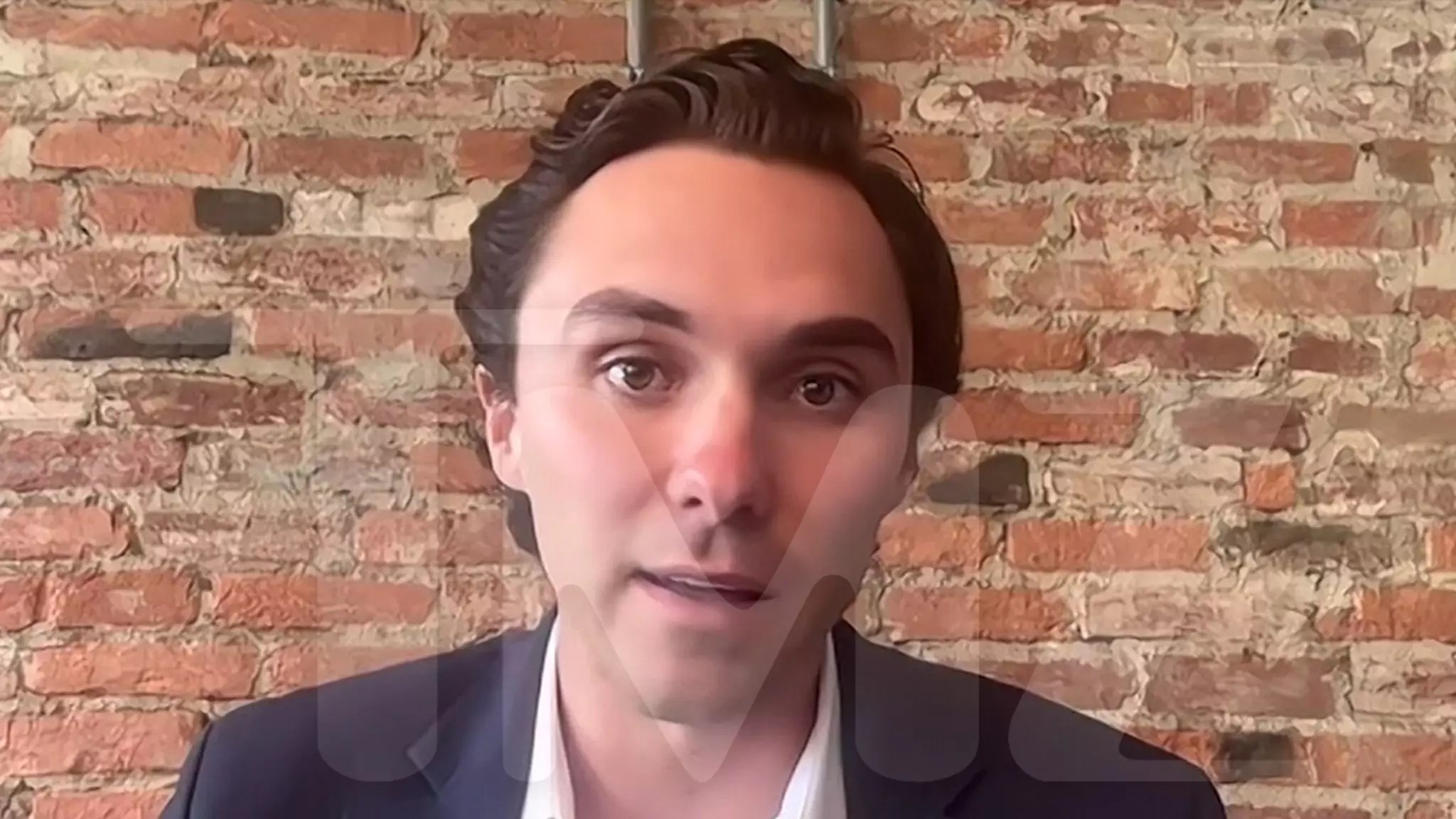In recent conversations, the Democratic National Committee (DNC) has made a striking commitment to shake the very foundations of its political framework, with a particular emphasis on improving effectiveness among its own ranks. This bold initiative was articulated by David Hogg, the DNC’s vice chair and noted gun control activist, during his participation on “TMZ Live.” The crux of this transformative strategy centers on a key element: accountability. The DNC is gearing up to challenge incumbents, particularly those it believes are failing to deliver results, irrespective of their age or tenure in office. This introspective approach marks a refreshing departure from traditional political norms, where seniority often overshadows performance.
Emphasizing Results Over Tenure
Hogg’s clear vision for the DNC indicates that the party is ready to assess each member’s effectiveness rather than harboring an unyielding loyalty to long-serving politicians. Such a stance prioritizes productivity and results over the comfort of established power dynamics. Hogg’s statement reflects a necessary evolution within the party, where all members, young and old, will be scrutinized and potentially challenged on their ability to meet the demands of their constituents. In a political landscape where voter dissatisfaction is palpable, this shift to a performance-based evaluation system could reinvigorate party support.
Engaging the Disaffected Voter
David Hogg’s remarks resonate with the party’s current realities; with only 26% of self-identified Democrats expressing satisfaction in their party’s performance, the urgency for change is clear. The DNC’s focus on engaging voters by presenting robust reasons to support Democratic candidates—beyond just a rejection of Republican policies—is crucial. Hogg implies a new narrative: winning over the electorate not merely as the ‘lesser of two evils,’ but through substantive propositions and clear accountability. It highlights a responsibility to connect with broader demographics who feel alienated, particularly younger voters and those from various socio-economic backgrounds, indicating that a realignment in policy priorities might be on the horizon.
The Repercussions of Inaction
If elapsed time has shown anything, it is that complacency within the ranks can lead to political demise. With competition not just from rival parties but also from emerging independent movements, inaction could see the traditional Democratic stronghold in danger. Hogg and his allies recognize that the changing tide among voters, particularly outside the older and more educated sectors, signifies the need for a party that listens and evolves. Their approach serves as both a warning and a promise: to thrive, the DNC must be vigilant and willing to adapt, embracing new ideas and fresh perspectives while holding existing members accountable.
Charting a New Course for the DNC
While skepticism always exists in the realm of political reform, Hogg’s leadership at the DNC appears poised to challenge the status quo effectively. His tenure symbolizes a call for genuine innovation within the party and an invitation to young leaders who are ready to step forward. The evolution of the DNC could be encouraging, as it reinforces the significant idea that effectiveness and accountability are paramount in public service. As Hogg and his colleagues formulate their strategies, the American political landscape may witness the emergence of a revitalized Democratic Party, one that genuinely aims to unite and inspire rather than merely contest.







Leave a Reply